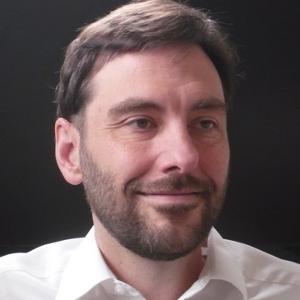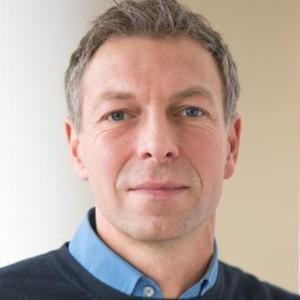Two LMU research projects awarded ERC Grants
25 Jan 2023
The European Research Council has awarded two Proof of Concept Grants to scientists at LMU. Projects from the fields of computational linguistics and physics were successful.
25 Jan 2023
The European Research Council has awarded two Proof of Concept Grants to scientists at LMU. Projects from the fields of computational linguistics and physics were successful.
Computational linguist Prof. Alexander Fraser and physicist Prof. Alexander Högele have already been supported by the European Research Council (ERC) since 2015 in the form of a Starting Grant and since 2017 in the form of an Advanced Grant. Now the two researchers have received Proof of Concept (PoC) Grants for their projects to build on their work. With this funding, the ERC helps researchers translate their results into practice. The grant is worth 150,000 euros.

It is difficult to build high quality machine translation systems for less-resourced languages, such as the minority languages of Europe. State-of-the-art machine translation is trained on large parallel corpora, texts and their translations. But such corpora are not available for less-resourced languages. Prof. Alexander Fraser now wants to provide a system for the rapid and inexpensive creation of new parallel corpora as part of the new proof-of-concept grant "Data4ML" at LMU's Center for Information and Language Processing.
The PoC project will produce an open-source prototype utilizing findings from the PI's ERC Starting Grant. The key innovation of the prototype will be that it can be used by the less-resourced language community themselves. The creation of high quality machine translation systems for less-resourced languages will allow for more content creation in these languages, playing a strong role in the preservation of many of the 7000 languages spoken on earth. Companies with online translation systems such as Google and DeepL/Linguee are not addressing this market, as the ROI is too low. It makes more sense to empower local communities to create such parallel data. His team has already worked with the Sorbian community located in Eastern Germany.

Photonic integrated circuits enable trapping of photons, the fundamental particles of light, in a waveguide on a chip to allow their manipulation, similar to electrons in classical integrated circuits. While photonic circuits offer superior performance in speed and energy efficiency, their application in information processing has so far been impeded by their limited programmability. For example, the technologies used to date are poorly suited for implementing large-scale computational hardware.
In his new project RaPPIC (Rapid Programmable Photonic Integrated Circuits), The team of LMU physicists Alexander Högele, Samarth Vadia and Jonathan Förste propose to explore an innovative and efficient phase modulation technology based on atomically thin semiconducting transition metal dichalcogenides. It promises to outperform conventional technologies in all key performance metrics realizing programmable photonic integrated circuitry. The implementation of scalable photonic circuits will enable novel use-cases in the area of computing, communication and quantum technologies.